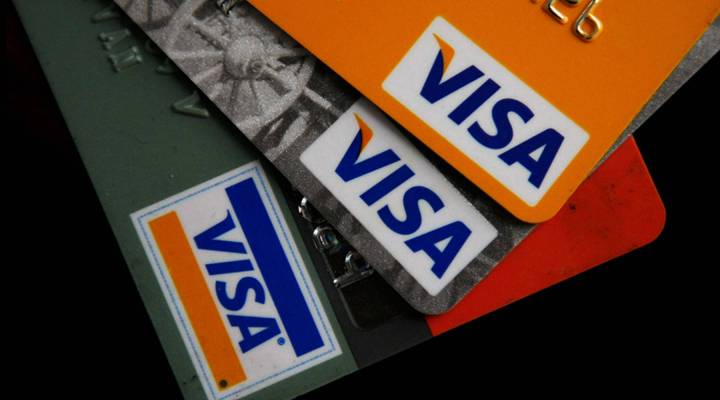
In China, your credit could depend on how often you visit your parents
In China, your credit could depend on how often you visit your parents

Few Chinese citizens have credit cards or any sort of credit history. But the country has started incorporating more credit into its economy and culture, and the government is working on a way to measure creditworthiness for both businesses and individuals. Its plan? A social credit score. The idea is akin to the American FICO system in that it’s a financial record of whether you paid your bills or traffic tickets. But the Chinese government is also tracking social behaviors — like whether you jaywalk or refuse to visit your elderly parents — and it’s figuring out how to incorporate those into your score. Amy Choi talked with Marketplace China correspondent Jennifer Pak about how the process for calculating social credit is taking shape.
The following is an edited transcript of their conversation.
Jennifer Pak: There are many ways business owners can boost their social credit score. For example, a company can pay their taxes on time. Or in one city in eastern Jiangsu province, shop owners can boost their credit ranking if they volunteer for community activities. For individuals, it’s tough to say at the moment. They haven’t really fleshed that out yet.
Amy Choi: How are the social behaviors being recorded and reported? What is some of the technology behind that?
Pak: China’s government already monitors its citizens. There are lots of things that you can’t do without giving your ID number, which is why it’s very easy to impose an array of penalties. One of the easiest ways to get bad credit is if you have a court case, you lose and the judge orders you to pay a fine and you repeatedly disobey this order. So then you’re put on what the local media call the list of deadbeats. And in some severe cases, the courts can then swap your ring-back tone so that every time somebody calls you, instead of hearing a ring tone, they’re going to hear a message that says, “You have reached somebody who has refused to pay a court-ordered debt.” And there are a number of ways in which authorities have tried to publicly shame defaulters.
Choi: So once all that data is centralized, how will the government be calculating the scores?
Pak: It’s anyone’s guess at this point in time. There are very few details. Initially, it started out with these blacklists. But certain cities are piloting their own systems. In Shanghai, for example, if you jaywalk, refuse to visit your elderly parents or you don’t sort out your garbage into the appropriate bins or you’re dodging train fares, those can be recorded on your social credit file. We spoke to a professor who advises the government on setting up this database. She is pushing for just a digital archive, a centralized system documenting all of your good and bad behaviors and then letting companies do their own assessment of which factors will they weigh more or less. Eventually, they’re going to come to a score, but at the moment, there really isn’t one formula. And there are private companies that have been piloting their own initiatives, but so far those have not been successful enough to be incorporated into the government’s centralized system.
| How does China’s social credit system work? |
| Inside China’s “social credit” system, which blacklists citizens |
There’s a lot happening in the world. Through it all, Marketplace is here for you.
You rely on Marketplace to break down the world’s events and tell you how it affects you in a fact-based, approachable way. We rely on your financial support to keep making that possible.
Your donation today powers the independent journalism that you rely on. For just $5/month, you can help sustain Marketplace so we can keep reporting on the things that matter to you.












